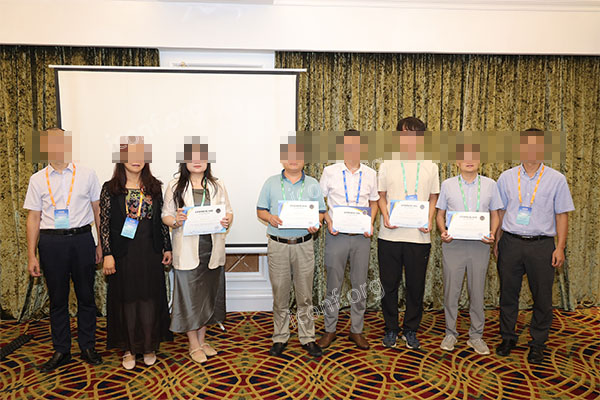For researchers aiming to gain recognition and enhance their academic credentials, publishing in SCI-indexed conferences is a significant milestone. These conferences are associated with journals listed in the Science Citation Index (SCI), known for their rigorous review process and high impact. In this guide, we’ll explore how to identify SCI-indexed conferences, prepare your research for submission, and the benefits of presenting at these prestigious events.

SCI, or the Science Citation Index, is a database maintained by Clarivate that indexes high-quality scientific journals. Conferences affiliated with SCI-indexed journals provide an opportunity for researchers to present their work and have it published in these respected journals. Papers accepted at SCI-indexed conferences often undergo a double-review process, ensuring high academic standards.
Finding genuine SCI-indexed conferences requires careful research to avoid predatory or low-quality events. Here are some reliable ways to identify them:
Use Clarivate’s Master Journal List:
Search for the associated journals in Clarivate’s official Master Journal List. If the conference claims to publish papers in an SCI-indexed journal, confirm the journal’s presence on this list.
Check Conference Websites:
Reputable conferences clearly state their affiliation with SCI-indexed journals on their official websites. Look for details about the associated journal, submission process, and indexing.
Consult Your Academic Network:
Seek recommendations from colleagues, mentors, or your institution’s research office. Experienced researchers can guide you toward trusted SCI-indexed events.
Refer to Platforms Like iconf.org:
Academic platforms like iconf.org list well-regarded conferences across disciplines. Many of these conferences have partnerships with SCI-indexed journals.
Submitting to an SCI-indexed conference involves a meticulous approach to ensure your work meets high standards. Follow these steps:
Choose a Relevant Topic
Select a topic aligned with the conference’s theme and journal focus. Your research should address a significant problem or present innovative solutions.
Craft a High-Quality Paper
Adhere to Submission Guidelines
Each conference has specific formatting and submission requirements. Follow these meticulously, including citation styles, page limits, and document formats.
Ensure Originality
SCI-indexed journals prioritize original research. Use plagiarism-checking tools to confirm that your work is unique and properly cited.
Publishing in SCI-indexed conferences provides numerous advantages for researchers:
Global Recognition
Papers published in SCI journals are accessible to an international audience, increasing your research visibility and impact.
Career Advancement
Publications in SCI-indexed journals are highly regarded in academic evaluations, funding applications, and job promotions.
Citations and Impact
SCI-indexed journals are widely cited, which can boost your citation metrics and academic reputation.
Networking Opportunities
Presenting at SCI-indexed conferences allows you to connect with leading experts and peers in your field, fostering collaborations.
Submitting to SCI-indexed conferences can be challenging, but these tips can help:
Challenge: Strict Review Process
Challenge: High Competition
Challenge: Limited Time for Submission
SCI-indexed conferences span multiple disciplines. Some fields with a strong presence include:
If you’re looking to publish in an SCI-indexed conference, iconf.org is an excellent resource. It provides comprehensive information on upcoming conferences, submission guidelines, and journal affiliations, helping you find the perfect platform to showcase your research.
Publishing in SCI-indexed conferences is a prestigious achievement that enhances your academic profile and contributes to your field. By carefully selecting conferences, preparing high-quality submissions, and adhering to guidelines, you can maximize your chances of success. Stay proactive, explore platforms like iconf.org, and make 2025 a breakthrough year for your research.